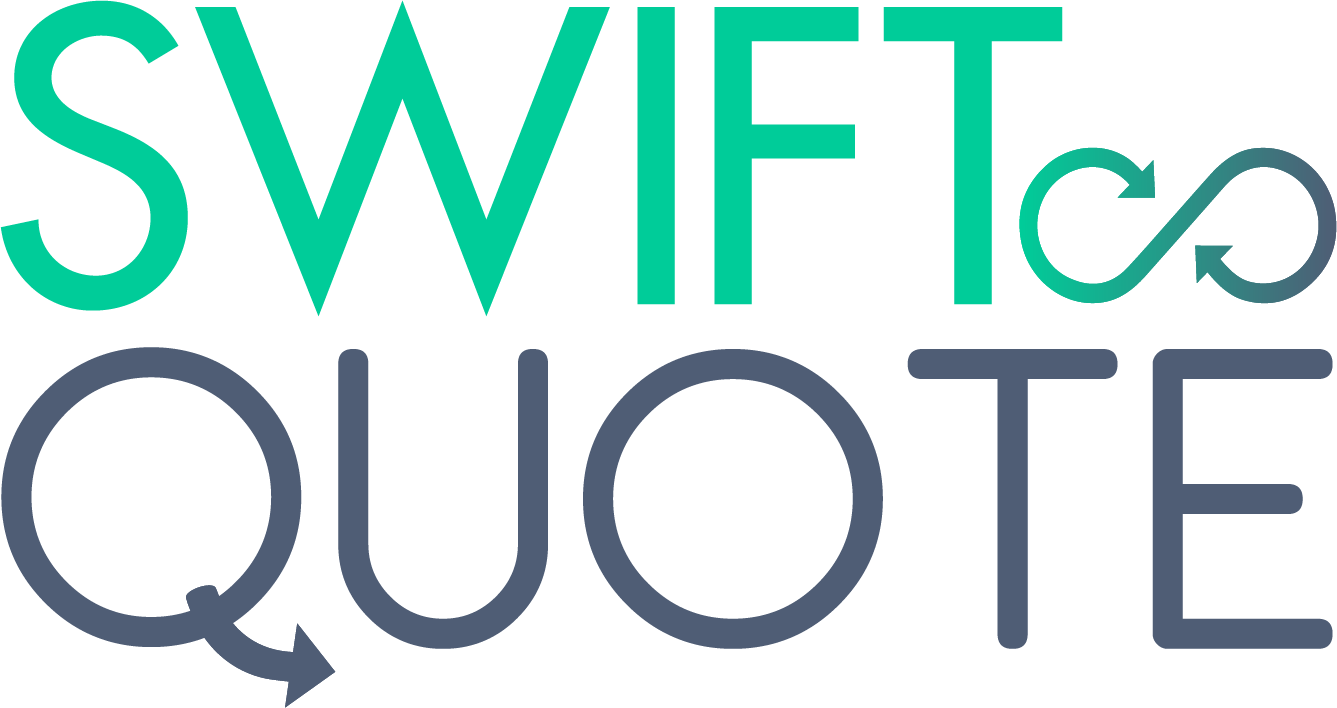
Success!
You’re all set. Look out for a confirmation email within the next 1-3 business days.
In the meantime, check out these useful resources

Oconee County FOG Regulations
Oconee County’s local ordinance has strict policies in place to prevent grease and other fatty waste from entering the sewer system and contaminating local water resources. Foodservice establishments that generate grease and other fatty waste and discharge water to a county wastewater reclamation facility are required to install, operate, clean, and maintain a grease control device of appropriate size and design to achieve compliance.
Records. All users must keep a record of any cleaning or maintenance of their grease recovery system. The following records must be kept on-site at the foodservice establishment for a period of three years.
Manifest. All removal of grease trap contents must be tracked by a manifest that confirms pumping, hauling, and disposal of wastes, whether collected by interior or exterior grease traps.
Overview
Foodservice establishments that are required to install a grease control device are responsible for the cleaning and maintenance of the devices located on their property. The maintenance should ensure that their discharge does not exceed the county’s daily maximum discharge limits as approved by the county board of commissioners.
Commercial food businesses must maintain accurate records (manifests and logs) of the dates of cleaning and the means of disposal of fats, oils, and grease (FOG). These records are subject to inspection and review.
Any removal and hauling of FOG must be performed by an approved grease hauler. If the grease recovery system fails to prevent discharge over the daily maximum, CCWS will require the business to repair, replace or upgrade their grease removal system, which may include one or more of the user’s devices, at the user’s expense.
All costs related to the building’s sewer installation, grease recovery system, or connection and registration shall be borne by the business.
Grease trap maintenance
All grease traps shall be maintained by the business at the business’s expense. Maintenance includes the complete recovery of all contents, including floating materials, wastewater, and bottom sludges and solids. All grease control devices, including passive interior devices, passive exterior devices, and any grease recovery devices, must be properly and adequately maintained by the business so as to achieve the intended purpose of the device.
Cleaning Frequency
All FOG must be completely pumped out at a minimum of once every three months, or more frequently as required by CCWS to comply with this section or the manufacturer’s recommendation. The cleaning frequency should ensure that no overflows of grease and other fatty waste into the wastewater collection system occurs.
Overflow Penalties
Any sewer or manhole overflow traced to an inadequately operating grease control device will be subject to service charge penalties. The service charge including the cost of cleaning up the overflow and cleaning grease out of the adjacent contaminated wastewater collection systems. This penalty will be doubled with each successive overflow.

Guarantee your compliance with our free tool - SwiftQuote
We’ve worked with countless restaurant owners who struggle to keep up with compliance deadlines – often resulting in avoidable penalties. That’s why we created SwiftQuote.
- Save time & Money
- Book with confidence
- Avail of the SwiftQuote service guarantee
Restaurant FAQ
What is a grease trap?
A grease trap is a receptacle into which wastewater containing FOG flows through before entering a drainage system. The receptacle is designed to intercept or “trap” the FOG while allowing clear water to escape.
When should I clean my grease trap?
A good rule of thumb for any cleaning schedule is every one to three months. However, in order to determine if it should be one or three, you will need to follow the 1/4th rule. This rule states that once 1/4th of your grease trap has been filled with fats, oils, grease, and solids (FOGS) it is time for a pump out.
How does SwiftQuote help?
You can create quote requests for individual service providers or all providers in their area. Providers are invited to offer quotes for work and can message you directly through the app to understand the job specifics.
When you are ready simply select your preferred provider and schedule the service. Upon job completion, the provider uploads service details to SwiftQuote, and you can either pay online via credit card or offline directly to the provider.
What does it cost?
SwiftQuote is a free service for businesses. The only thing you pay for is your service booked through the platform.
Are SwiftQuote pump-outs reported to my regulator?
Yes! When services are completed through SwiftQuote, the work order or pumping manifest is automatically submitted to Oconee County’s database through SwiftComply’s compliance software.